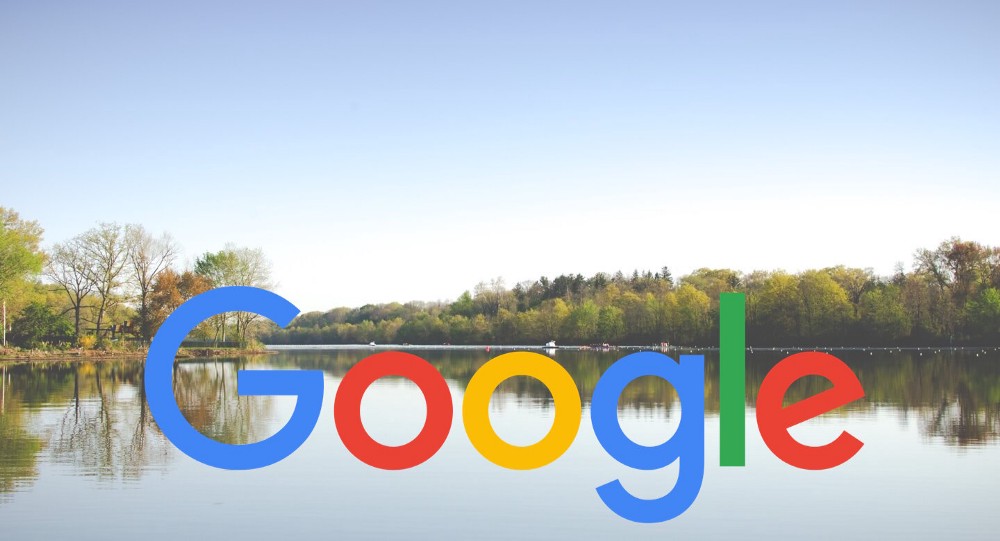Google hit with €1.49bn EU fine for abusing its dominant position in search
- Wednesday, March 20th, 2019
- Share this article:
 Google has been hit with a €1.49bn (£1.28bn) fine by the European Commission for breaching EU antitrust rules by blocking ads on publisher sites from rival search providers.
Google has been hit with a €1.49bn (£1.28bn) fine by the European Commission for breaching EU antitrust rules by blocking ads on publisher sites from rival search providers.
It’s Google’s third sizeable EU fine in two years, following fines of €2.42bn imposed in June 2017 for abusing its dominance as a search engine by giving an illegal advantage to Googles own comparison shopping service; and one of €4.34bn imposed in July 2018 for illegal practices regarding Android mobile devices to strengthen the dominance of Googles search engine. A grand total of €8.25bn.
This latest fine relates to Google’s practices around search functionality embedded on publisher sites. When a user starts a search on a publisher site, the website delivers both organic and paid search results in the same way as Google does when a search is initiated on its own site or app. The EU found that Google abused its position, using its AdSense for Search tool to prevent publishers from showing paid search ads from rival search providers.
Starting in 2006, Google included exclusivity clauses in its contracts, which prevented publishers from placing any search ads from Google competitors on their search results pages. This related to publishers whose agreements with Google required such exclusivity for all their websites.
As of March 2009, Google gradually began replacing the exclusivity clauses with so-called ‘Premium Placement’ clauses. These required publishers to reserve the most profitable space on their search results pages for Googles ads, and also to request a minimum number of Google ads. As a result, Googles competitors were prevented from placing their search ads in the most visible and clicked on parts of the websites search results pages.
Also as of March 2009, Google began including clauses requiring publishers to seek written approval from Google before making changes to the way in which any rival ads were displayed, meaning that Google could control how attractive, and therefore clicked on, competing search ads could be.
These practices, the European Commission has ruled, amount to an abuse of Googles dominant position in the online search advertising intermediation market by preventing competition on the merits.
Google ceased the illegal practices a few months after the Commission issued a Statement of Objections concerning this case in July 2016.
In its ruling, the European Commission notes that: “Googles practices covered over half the market by turnover throughout most of the period, and that Googles rivals were not able to compete on the merits (sic), either because there was an outright prohibition for them to appear on publisher websites or because Google reserved for itself by far the most valuable commercial space on those websites, while at the same time controlling how rival search adverts could appear.”
The Commission goes on to say that market dominance is, as such, not illegal under EU antitrust rules, but that dominant companies have a special responsibility not to abuse their powerful market position by restricting competition, either in the market where they are dominant or in separate markets.
It adds that its decision concludes that Google is dominant in the market for online search advertising intermediation in the EEA since at least 2006, and that Google has abused this market dominance by preventing rivals from competing in the online search advertising intermediation market.
The size of the fine – €1,494, 459,000 to be precise – was calculated in accordance with the Commissions 2006 Guidelines on fines, on the basis of the value of Googles revenue from online search advertising intermediation in the EEA. It equates to 1.29 per cent of Googles 2018 turnover.
Commissioner Margrethe Vestager, in charge of competition policy, said: “Today the Commission has fined Google €1.49bn for illegal misuse of its dominant position in the market for the brokering of online search adverts. Google has cemented its dominance in online search adverts and shielded itself from competitive pressure by imposing anti-competitive contractual restrictions on third-party websites. This is illegal under EU antitrust rules. The misconduct lasted over 10 years and denied other companies the possibility to compete on the merits and to innovate – and consumers the benefits of competition.”















